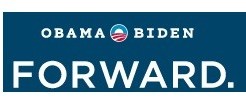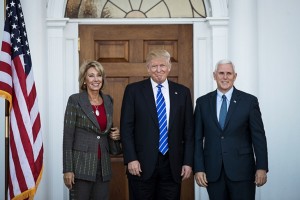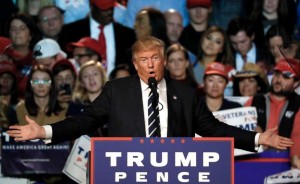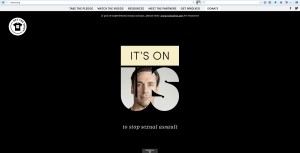 The presidential election is less than a month away, and the candidates are gearing up for the final push. As most observers expected, the economy has dominated much of the political discourse. But other topics have crept into the campaigns, including education.
The presidential election is less than a month away, and the candidates are gearing up for the final push. As most observers expected, the economy has dominated much of the political discourse. But other topics have crept into the campaigns, including education.
Last week’s first presidential debate focused on domestic policy issues, and moderator Jim Lehrer of PBS opened the session by stating that it would be divided into six segments, with, “three on the economy and one each on health care, the role of government, and governing,” according to Mr. Lehrer (you can read a transcript or watch a video of the debate if you missed it). Lehrer did ask one question about education: “Does the federal government have a responsibility to improve the quality of public education in America?”
Governor Romney’s response to this question was one of the few times where he said that his views were aligned with any policies of the Obama administration, stating that he agreed with Secretary of Edu cation Arne Duncan’s Race to the Top program. President Obama, not surprisingly, also touted the Race to the Top program, as well as other initiatives his Department of Education and administration had put into place, including steps to try to control the growth in tuition prices across the country.
cation Arne Duncan’s Race to the Top program. President Obama, not surprisingly, also touted the Race to the Top program, as well as other initiatives his Department of Education and administration had put into place, including steps to try to control the growth in tuition prices across the country.
Continue reading “Education and the presidential election” →





 The presidential election is less than a month away, and the candidates are gearing up for the final push. As most observers expected, the economy has dominated much of the political discourse. But other topics have crept into the campaigns, including education.
The presidential election is less than a month away, and the candidates are gearing up for the final push. As most observers expected, the economy has dominated much of the political discourse. But other topics have crept into the campaigns, including education. cation Arne Duncan’s Race to the Top program. President Obama, not surprisingly, also touted the Race to the Top program, as well as other initiatives his Department of Education and administration had put into place, including steps to try to control the growth in tuition prices across the country.
cation Arne Duncan’s Race to the Top program. President Obama, not surprisingly, also touted the Race to the Top program, as well as other initiatives his Department of Education and administration had put into place, including steps to try to control the growth in tuition prices across the country. This week I had the opportunity to testify at a hearing of the U.S. Senate
This week I had the opportunity to testify at a hearing of the U.S. Senate